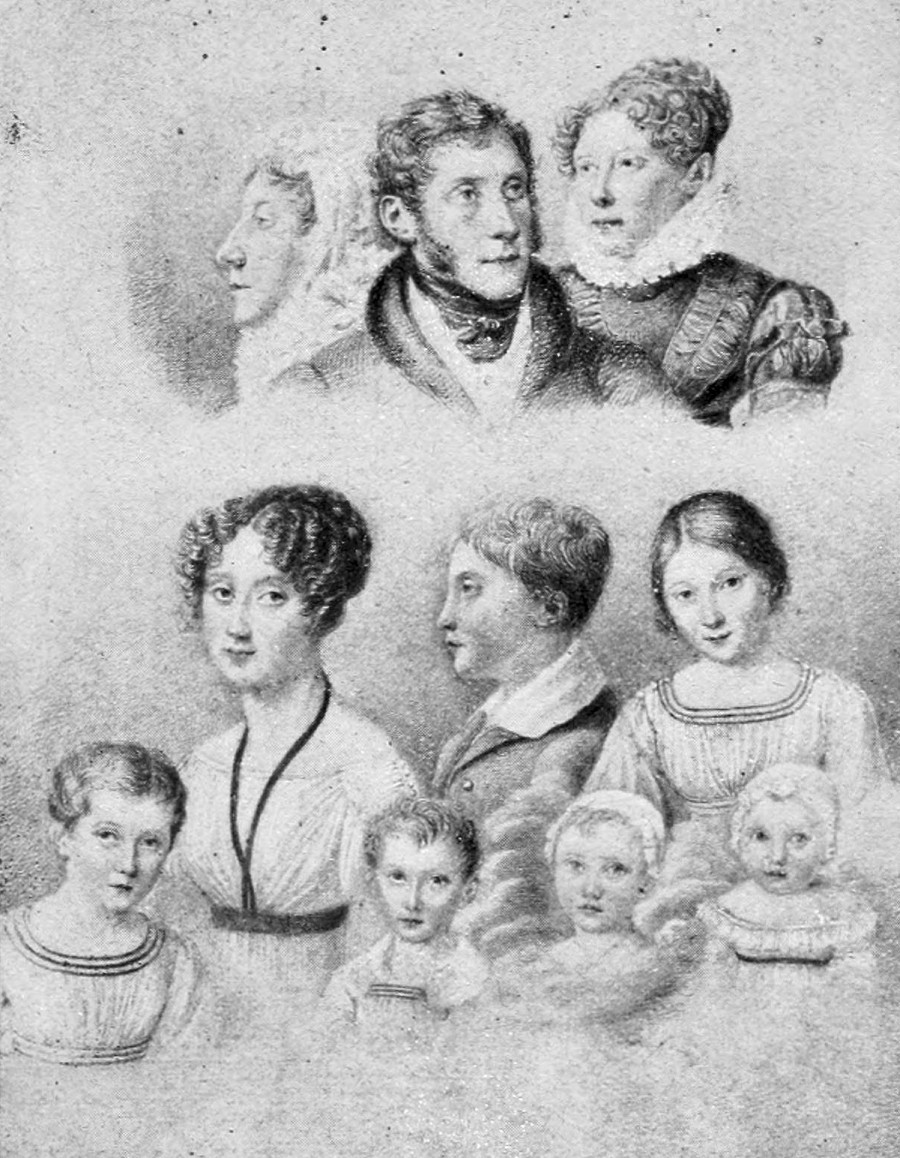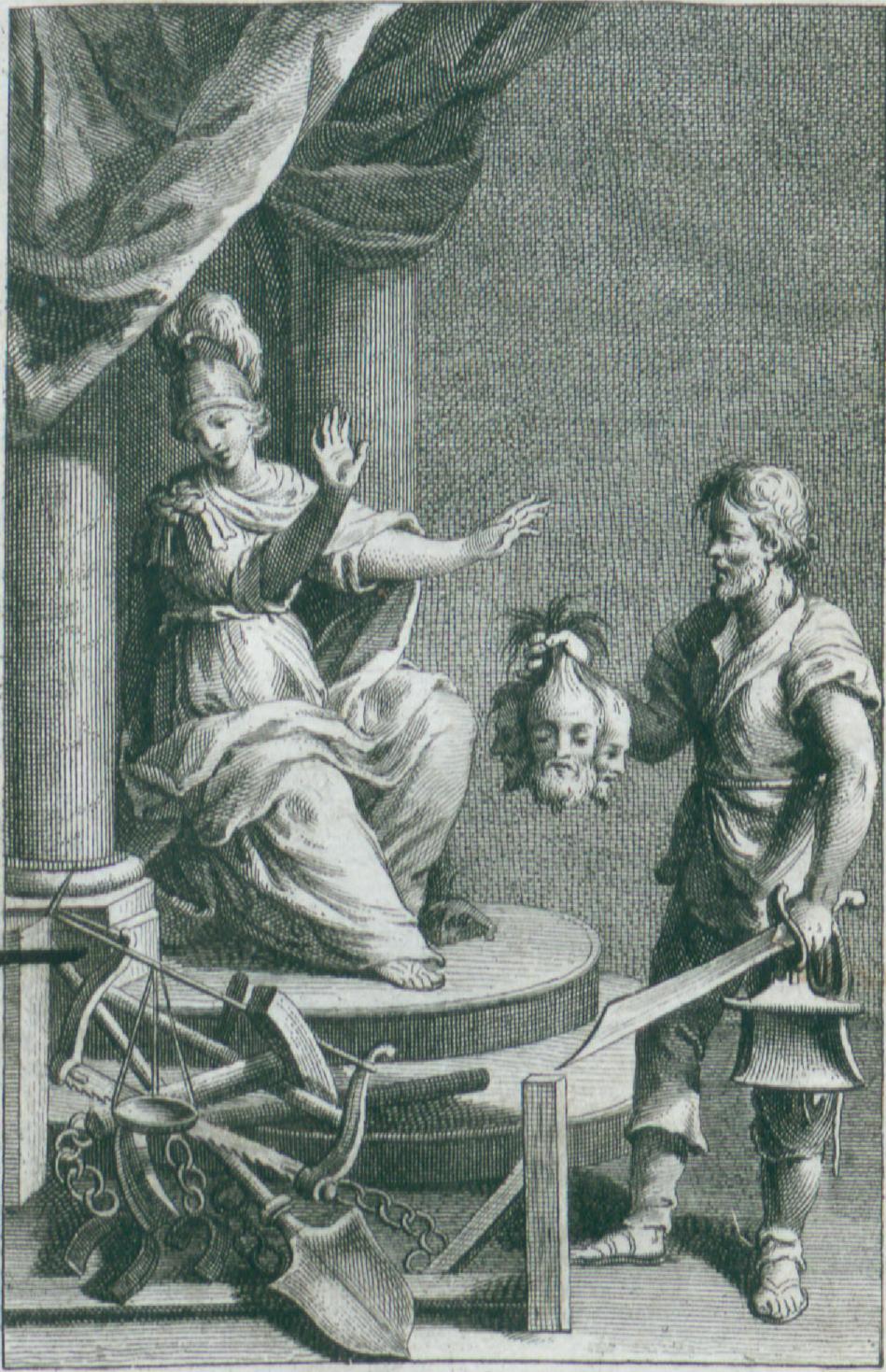|
Italian Literature
Italian literature is written in the Italian language, particularly within Italy. It may also refer to literature written by Italians or in other languages spoken in Italy, often languages that are closely related to modern Italian, including regional varieties and vernacular dialects. Italian literature began in the 12th century, when in different regions of the peninsula the Italian vernacular started to be used in a literary manner. The '' Ritmo laurenziano'' is the first extant document of Italian literature. In 1230, the Sicilian School became notable for being the first style in standard Italian. Renaissance humanism developed during the 14th and the beginning of the 15th centuries. Lorenzo de' Medici is regarded as the standard bearer of the influence of Florence on the Renaissance in the Italian states. The development of the drama in the 15th century was very great. In the 16th century, the fundamental characteristic of the era following the end of the Renaissanc ... [...More Info...] [...Related Items...] OR: [Wikipedia] [Google] [Baidu] |
Pietro Bembo
Pietro Bembo, (; 20 May 1470 – 18 January 1547) was a Venetian scholar, poet, and literary theory, literary theorist who also was a member of the Knights Hospitaller and a cardinal of the Catholic Church. As an intellectual of the Italian Renaissance (Quattrocento, 15th–Cinquecento, 16th c.), Pietro Bembo greatly influenced the development of the Tuscan dialect as a literary language for poetry and prose, which, by later codification into a standard language, became the modern Italian language. In the 16th century, Bembo's poetry, essays and books proved basic to reviving interest in the literary works of Petrarch. In the field of music, Bembo's literary writing techniques helped composers develop the techniques of musical composition that made the madrigal (music), madrigal the most important secular music of 16th-century Italy. Life Pietro Bembo was born on 20 May 1470 to an aristocratic Venetian Bembo (family), family. His father Bernardo Bembo (1433–1519) was a dip ... [...More Info...] [...Related Items...] OR: [Wikipedia] [Google] [Baidu] |
Alessandro Manzoni
Alessandro Francesco Tommaso Antonio Manzoni (, , ; 7 March 1785 – 22 May 1873) was an Italian poet, novelist and philosopher. He is famous for the novel ''The Betrothed (Manzoni novel), The Betrothed'' (orig. ) (1827), generally ranked among the masterpieces of world literature. The novel is also a symbol of the Italian Italian unification, Risorgimento, both for its patriotic message and because it was a fundamental milestone in the development of the modern, unified Italian language. Manzoni also contributed to the stabilization of the modern Italian language and helped to ensure linguistic unity throughout Italy. He was an influential proponent of Liberal Catholicism in Italy. His work and thinking has often been contrasted with that of his younger contemporary Giacomo Leopardi by critics. Early life Manzoni was born in Milan, Italy, on 7 March 1785. Pietro, his father, aged about fifty, belonged to an old family of Lecco, originally feudal lords of Barzio, in the Valsass ... [...More Info...] [...Related Items...] OR: [Wikipedia] [Google] [Baidu] |
Romanticism
Romanticism (also known as the Romantic movement or Romantic era) was an artistic and intellectual movement that originated in Europe towards the end of the 18th century. The purpose of the movement was to advocate for the importance of subjectivity and objectivity (philosophy), subjectivity, imagination, and appreciation of nature in society and culture in response to the Age of Enlightenment and the Industrial Revolution. Romanticists rejected the social conventions of the time in favour of a moral outlook known as individualism. They argued that passion (emotion), passion and intuition were crucial to understanding the world, and that beauty is more than merely an classicism, affair of form, but rather something that evokes a strong emotional response. With this philosophical foundation, the Romanticists elevated several key themes to which they were deeply committed: a Reverence (emotion), reverence for nature and the supernatural, nostalgia, an idealization of the past as ... [...More Info...] [...Related Items...] OR: [Wikipedia] [Google] [Baidu] |
Vittorio Alfieri
Count Vittorio Amedeo Alfieri (, also , ; 16 January 17498 October 1803) was an Italians, Italian dramatist and poet, considered the "founder of Italian tragedy." He wrote nineteen tragedies, sonnets, satires, and a notable autobiography. Early life Alfieri was born at Asti, Kingdom of Sardinia, now in Piedmont (Italy), Piedmont. His father died when he was very young, and he was brought up by his mother, who married a second time, until, at the age of ten, he was placed in the academy of Turin. After a year at the academy, he went on a short visit to a relative at Cuneo, Coni (mod. Cuneo). During his stay there he composed a sonnet chiefly borrowed from lines in Ariosto and Metastasio, the only poets he had at that time read. At thirteen, Alfieri began the study of civil and canon law, but this only made him more interested in literature, particularly France, French romances. The death of his uncle, who had taken charge of his education and conduct, left him free, at the age of f ... [...More Info...] [...Related Items...] OR: [Wikipedia] [Google] [Baidu] |
Cesare Beccaria
Cesare Bonesana di Beccaria, Marquis of Gualdrasco and Villareggio (; 15 March 1738 – 28 November 1794) was an Italian criminologist, jurist, philosopher, economist, and politician who is widely considered one of the greatest thinkers of the Age of Enlightenment. He is well remembered for his treatise ''On Crimes and Punishments'' (1764), which condemned torture and the death penalty, and was a founding work in the field of penology and the classical school of criminology. Beccaria is considered the father of modern criminal law and the father of criminal justice. According to John Bessler, Beccaria's works had a profound influence on the Founding Fathers of the United States. Birth and education Beccaria was born in Milan on 15 March 1738 to the Marchese Gian Beccaria Bonesana, an aristocrat of moderate standing from the Austrian Habsburg Empire. Beccaria received his early education in the Jesuit college at Parma. Subsequently, he graduated in law from the University o ... [...More Info...] [...Related Items...] OR: [Wikipedia] [Google] [Baidu] |
On Crimes And Punishments
''On Crimes and Punishments'' ( ) is a treatise written by Cesare Beccaria in 1764. The treatise condemned torture and the death penalty and was a founding work in the field of penology. History Beccaria and the two brothers Pietro and Alessandro Verri started an important cultural reformist movement centered around their journal ('The Coffee House'), which ran from the summer of 1764 for about two years, and was inspired by Addison and Steele's literary magazine ''The Spectator'' and other such journals. represented an entirely new cultural moment in Northern Italy. With their Enlightenment rhetoric and their balance between topics of socio-political and literary interest, the anonymous contributors held the interest of the educated classes in Italy, introducing recent thought such as that of Voltaire and Denis Diderot. ''On Crimes and Punishments'' marked the high point of Milan Enlightenment. In it, Beccaria put forth some of the first modern arguments against ... [...More Info...] [...Related Items...] OR: [Wikipedia] [Google] [Baidu] |
Giuseppe Parini
Giuseppe Parini (23 May 1729 – 15 August 1799) was an Italian satirist and Neoclassicism, Neoclassical poet. Biography Parini (originally spelled Parino) was born in Bosisio Parini, Bosisio (later renamed Bosisio Parini in his honour) in Brianza, Lombardy from a poor family. His father, who was a petty silk trader, sent him to Milan under the care of his great-aunt: there he studied under the Barnabites in the Arcimboldi Academy, while earning a living by copying manuscripts. In 1741, his great-aunt left him a monthly payment, on condition that he enter the priesthood. Parini was thus ordained, although his religious studies were not profitable because of his need to work in a lawyer's office during his free time and his intolerance of the old-fashioned teaching methods used. In 1752, he published at Lugano, under the pseudonym of "Ripano Eupilino", a small volume of selected poems, ''Alcune poesie'', which secured his election to the Accademia dei Trasformati at Milan, as well ... [...More Info...] [...Related Items...] OR: [Wikipedia] [Google] [Baidu] |
Age Of Enlightenment
The Age of Enlightenment (also the Age of Reason and the Enlightenment) was a Europe, European Intellect, intellectual and Philosophy, philosophical movement active from the late 17th to early 19th century. Chiefly valuing knowledge gained through rationalism and empiricism, the Enlightenment was concerned with a wide range of social and Politics, political ideals such as natural law, liberty, and progress, toleration and fraternity (philosophy), fraternity, constitutional government, and the formal separation of church and state. The Enlightenment was preceded by and overlapped the Scientific Revolution, which included the work of Johannes Kepler, Galileo Galilei, Francis Bacon, Pierre Gassendi, Christiaan Huygens and Isaac Newton, among others, as well as the philosophy of Descartes, Hobbes, Spinoza, Leibniz, and John Locke. The dating of the period of the beginning of the Enlightenment can be attributed to the publication of René Descartes' ''Discourse on the Method'' in 1 ... [...More Info...] [...Related Items...] OR: [Wikipedia] [Google] [Baidu] |
Blank Verse
Blank verse is poetry written with regular metre (poetry), metrical but rhyme, unrhymed lines, usually in iambic pentameter. It has been described as "probably the most common and influential form that English poetry has taken since the 16th century", and Paul Fussell has estimated that "about three quarters of all English poetry is in blank verse". The first known use of blank verse in English was by Henry Howard, Earl of Surrey in his translation of the ''Æneid, Aeneid'' (composed ; published posthumously, 1554–1557). He may have been inspired by the Latin original since classical Latin verse did not use rhyme, or possibly he was inspired by Ancient Greek verse or the Italian language, Italian verse form of ', both of which also did not use rhyme. The play ''Arden of Faversham'' (around 1590 by an unknown author) is a notable example of End-stopping, end-stopped blank verse. In English The 1561 play ''Gorboduc (play), Gorboduc'' by Thomas Norton and Thomas Sackville, 1st E ... [...More Info...] [...Related Items...] OR: [Wikipedia] [Google] [Baidu] |
Canzonette
In music, a canzonetta (; pl. canzonette, canzonetti or canzonettas) is a popular Italian secular vocal composition that originated around 1560. Earlier versions were somewhat like a madrigal but lighter in style—but by the 18th century, especially as it moved outside of Italy, the term came to mean a song for voice and accompaniment, usually in a light secular style. Origins in Italy In its earliest form, the canzonetta was closely related to a popular Neapolitan form, the villanella. The songs were always secular, and generally involved pastoral, irreverent, or erotic subjects. The rhyme and stanza schemes of the poems varied but always included a final "punch line." Typically the early canzonetta was for three unaccompanied voices, moved quickly, and shunned contrapuntal complexity, though it often involved animated cross-rhythms. It was fun to sing, hugely popular, and quickly caught on throughout Italy, paralleling the madrigal, with which it later began to interact. ... [...More Info...] [...Related Items...] OR: [Wikipedia] [Google] [Baidu] |




